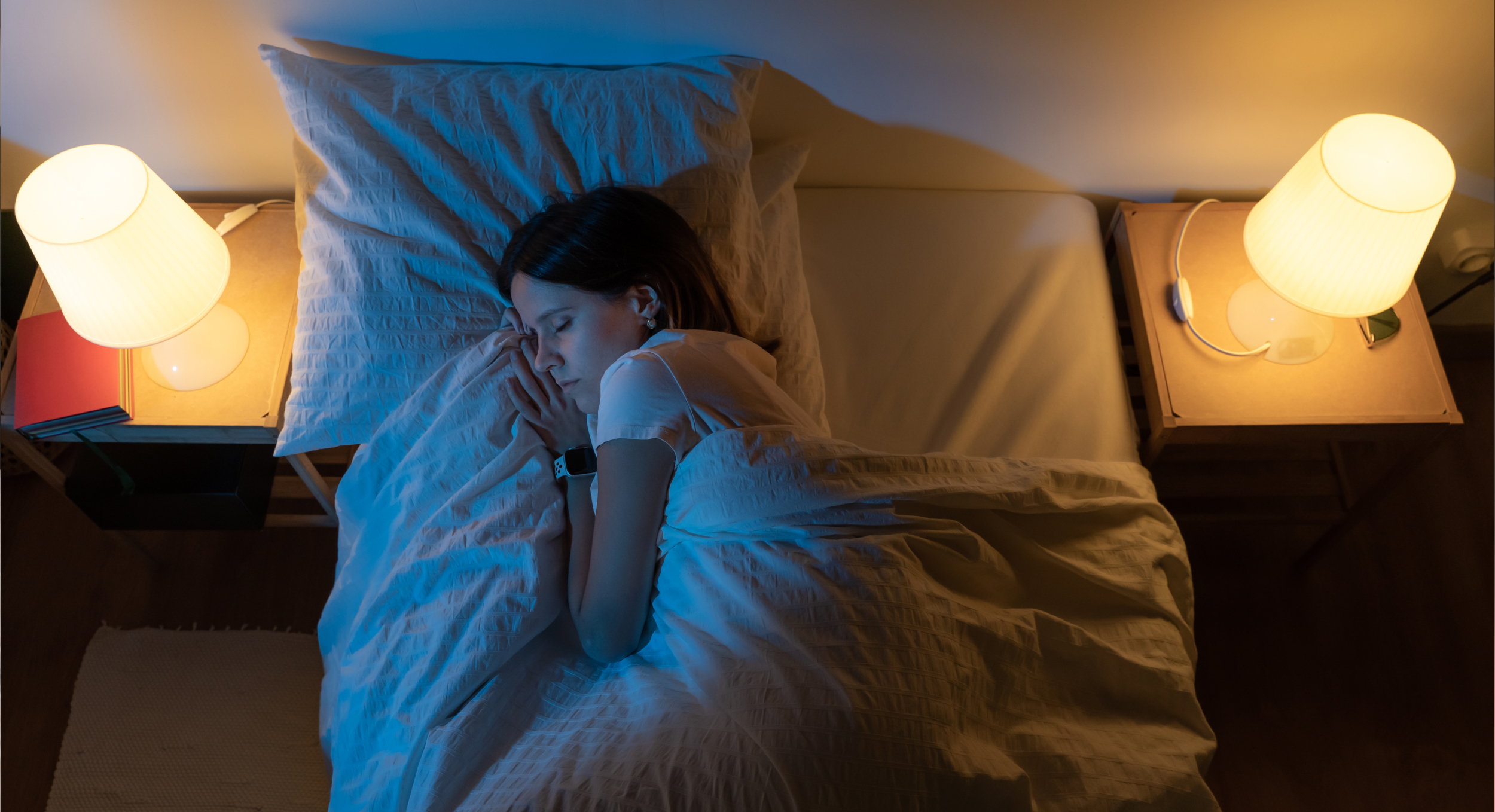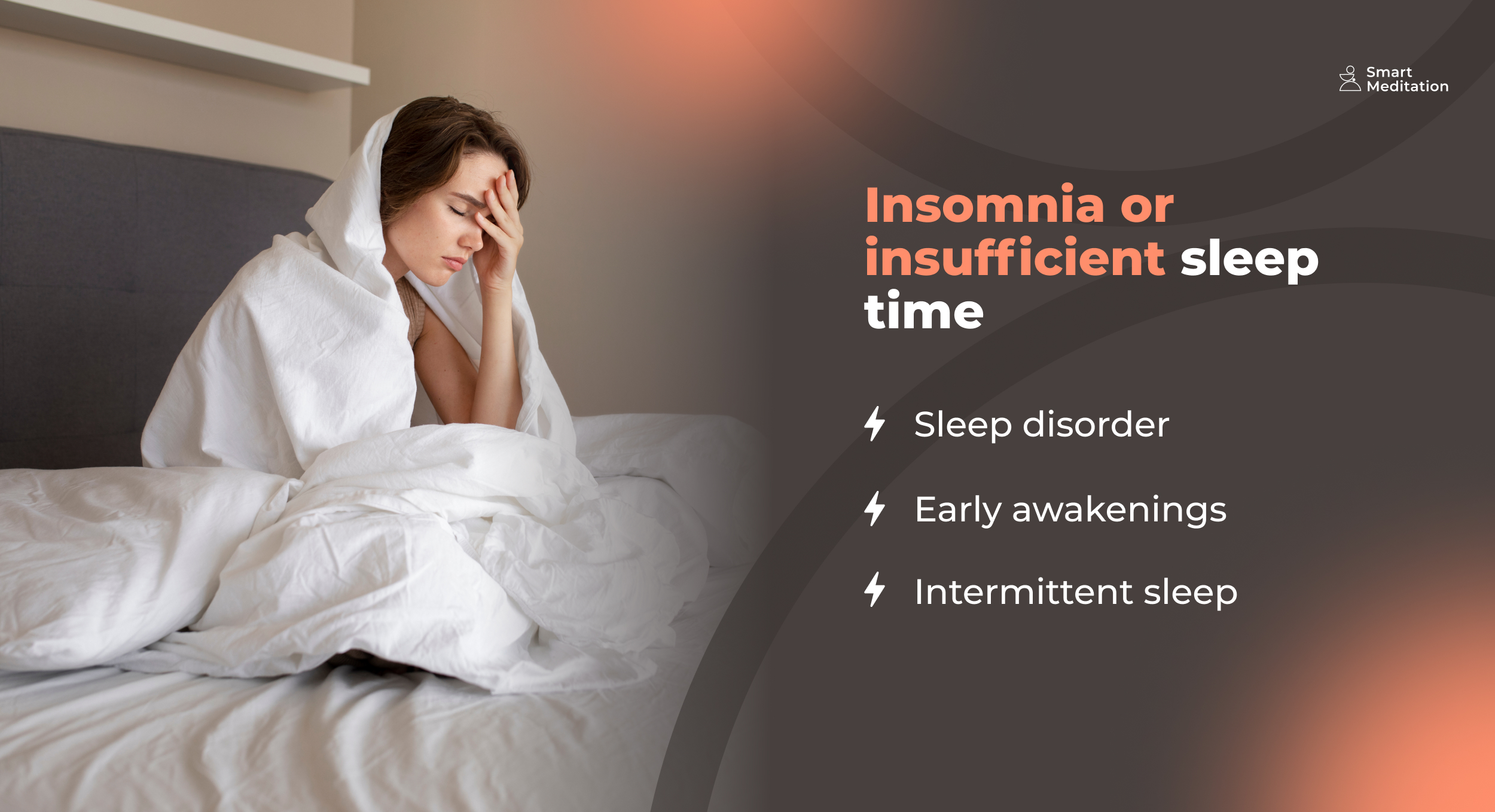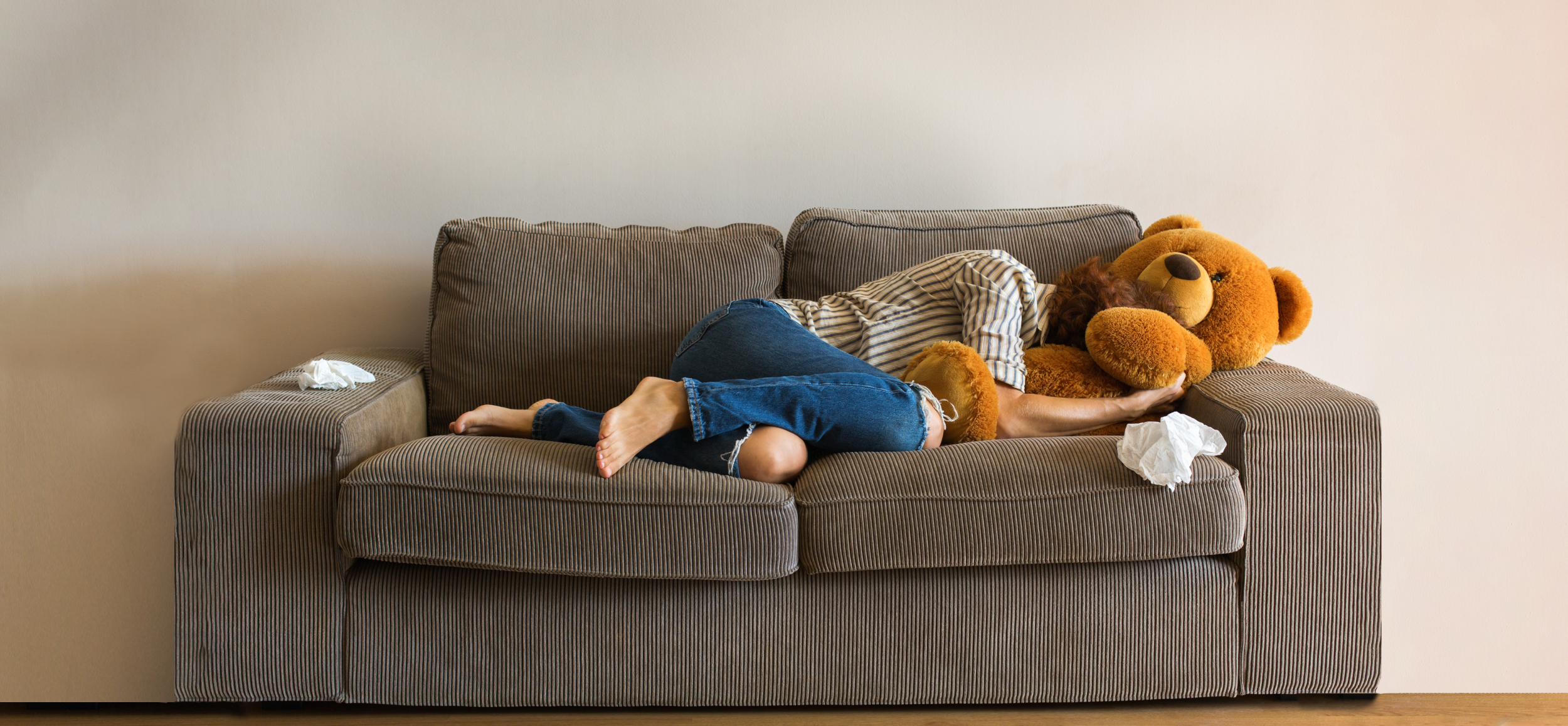
Sleep: The Danger of Its Absence and How to Restore Healthy Sleep Patterns?
Sleep is a physiological process during which all of the body’s vital functions are inhibited. Sleep provides not just rest, but also the opportunity for the qualitative accumulation of new strength in place of what’s been expended during wakefulness. Horrific experiments conducted in the last century have repeatedly proven that while humans can survive without food for more than three weeks, the absence of sleep results in death after just a few days as the brain, followed by the entire biological system, fails.
Interesting Facts About Sleep
During sleep, external signs of activity are inhibited: muscles relax and cease movement, reactions to external stimuli are dulled (for instance, the sense of smell operates at only 30% efficiency), arterial pressure and body temperature decrease, and heart rate and breathing slow down. Meanwhile, the “internal significance” systems emerge from the shadows to thoroughly prepare the body for the next period of wakefulness.
- The inhibition of the cerebral cortex during sleep saves its neurons from exhaustion and subsequent destruction, allowing these vital cells to reboot.
- It’s during sleep that the nervous system eliminates irrelevant neural connections. The saying “morning is wiser than the evening” speaks to the elimination of interferences in making important decisions on a subtle neurophysiological level.
- Sleep involves the repair of DNA and detoxification of nerve cells, removing biological debris. Want to stay healthy? Make sure to get enough sleep.
- You lose weight in your sleep.
- Only during sleep is the youth protein, collagen, produced, so you actually rejuvenate while sleeping.
- Eyelid muscle ligaments maintain tone to keep the eyes closed during sleep, while the rest of the body’s muscle ligaments are fully relaxed.
- Infants and the elderly need about twice as much sleep as the average adult.
- The physiologically normal duration of sleep for healthy individuals ranges from 4-5 to 9-10 hours. It’s important to know your own need.
- Excessive sleep is just as harmful to the body as a lack of it.
- Prolonged sleep disturbances can shorten life expectancy by about a third.
Types of Sleep Disorders – Dyssomnias
Try using meditative techniques to defeat sleep problems

Insomnia or insufficient sleep time can manifest as:
- Difficulty falling asleep: sleep doesn’t come for an hour or longer, leading to restlessness and making it even harder to fall asleep. This type of dyssomnia is common in anxious states.
- Early awakenings: falling asleep quickly but only sleeping for 2-4 hours, then waking up and being unable to fall back asleep. This dyssomnia is characteristic of depressive disorders.
- Interrupted sleep: characterized by frequent awakenings during the night, disrupting sleep structure and depriving the individual of restful sleep.
Hypersomnia or an objective excess of sleep time is encountered in depression, along with low mood, reluctance to interact, deterioration of cognitive functions, and loss of interest. If a loved one displays this type of sleep disorder, medical consultation is advised to prevent the dangerous consequences of depression.
Parasomnias or specific disruptions to the structure and quality of sleep include:
- Nightmares: vivid and distressing dreams felt realistically, depriving the individual of restful sleep.
- Circadian rhythm disorders, where the time of falling asleep shifts further into the night, and the waking time approaches noon.
- Narcolepsy: sudden uncontrollable and overpowering drowsiness, leading to spontaneous falling asleep in inappropriate places. Especially dangerous for drivers.
- Sleep paralysis is a fairly common neurological sleep disorder where the process of the body waking up and the brain awakening does not synchronize, causing hallucinatory perception disorders (the brain is awake) while the body, fully aware of its immobility, continues to sleep.
Transient (transitory or passing) insomnia can occur as a reaction to an event with a psychologically traumatic context. A few days of insufficient sleep is safe for the body. But if sleep disturbances are more prolonged, urgent measures should be taken to restore it.
How to Restore Healthy Sleep?
Our mobile meditation app features the best meditation practices, that can help you get a healthy sleep pattern
Sleep hygiene is where you start and continue to observe simple but beneficial rules consistently. What we do:
- Ventilate the bedroom;
- Create a sleepy context with soft, dim lighting;
- Remove gadgets (including information hygiene) so they don’t flicker with their screens;
- Take a warm bath or shower;
- Sleep only in comfortable and loose clothing, or without if preferred;
- Avoid eating at night;
- Drink a warm herbal tea that calms the nerves before bed.
The “sleep-wake” schedule should be as stable as possible: this is crucial for the nervous system, which adapts to a specific bedtime schedule and reacts negatively (with sleep disturbances) to its fluctuations.
Evening walks and moderate physical activity during the day positively affect the brain, meaning it will better manage the task of good sleep.
Work with healthcare professionals to address problems that may directly or indirectly affect the quality and duration of your sleep: address snoring, anxiety, osteochondrosis, restless legs, and any other potential disruptors of night rest. Medications for sleep disorders should be used in short courses and only as prescribed by a doctor. Ideally, this should be a psychotherapist, or a neurologist as an alternative.
Meditations, relaxations, autogenic training, and other practices aimed at harmonizing both the organism as a whole and its individual functions have undeniable benefits, proven and confirmed by numerous scientific studies. Specifically, regular use of meditative practices helps restore the sensory spectrum of sleepiness – a crucial component of the falling asleep process. Fixing this experience on a neurophysiological level leads to the restoration of the function of entering sleep and contributes to the overall health of sleep. Utilize all available means to improve sleep options for your sleep happiness.




